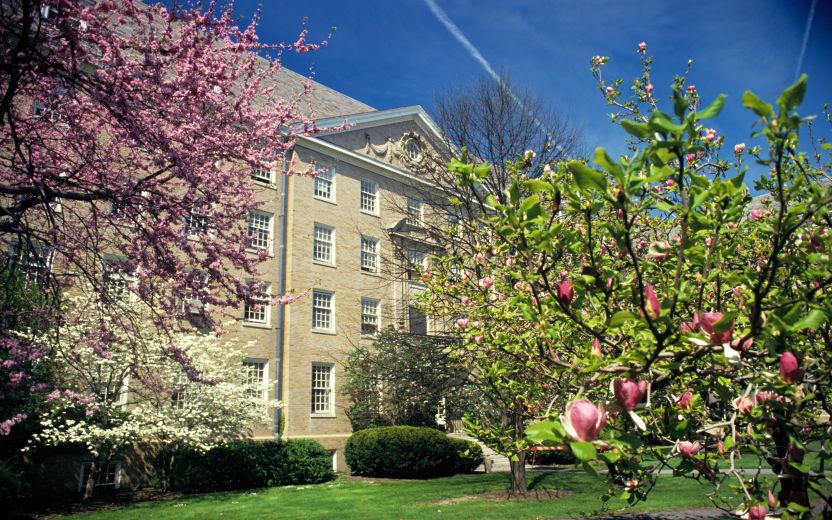College of Human Ecology

The College of Human Ecology is focused on learning about, engaging with, and improving the human experience in their biological, economic, social, and physical environments. Our graduates become citizens, scholars, and practitioners who use research and interdisciplinary perspectives to work with others as team members and leaders to anticipate, analyze, and address contemporary societal problems. Graduates become employed or pursue advanced study in a wide variety of fields including health, business, technology, design, policy, law, public service, and research.
College FAQs
Four Advising Areas
Academic Focus
Undergraduate and graduate academic programs focus on the interaction of humans with their biological, economic, social, and physical environments. All programs within the College combine theory with application to foster creative problem solving skills. The link between theory and application is supported by the content of the programs and by a number of off-campus study programs that a large portion of students in our college participate in. The research accomplishments of the faculty profoundly influence the delivery of all academic programs.
Experiential Learning
Human Ecology students extend their experience off-campus with study abroad, exchange and other programs. Programs are specially designed to include pre-professional internships, design immersion, public engagement or international business and policy and fulfill requirements in the academic majors. Students can study at top universities around the world or choose experiential learning, internships and externships in the US and at worldwide locations.
The College of Human Ecology (CHE) is partnering with the David M. Einhorn Center for Community Engagement to recognize, support, and advance community-engaged learning (CEL) throughout the college. This engaged college initiative reflects the next phase of the Einhorn Center's work to involve more Cornell undergraduates in CEL. The new approach empowers each college to support the engaged learning opportunities that best fit the mission of their college. In CHE, the initiative is overseen by the CHE Community-Engaged Learning Leadership Team.
Community and Belonging
Human Ecology provides a wealth of opportunities through the organizations that it sponsors and advises. Students gain significant leadership and organizational skills, as well as professional exposure to their academic and professional fields of interest.
Career Exploration
Human Ecology provides a strong liberal arts foundation that supports career-specific preparation in a small-college environment with the resources and benefits of an Ivy League institution. Professional counselors help students identify their interests and strengths through academic coursework, experiential learning, and professional opportunities and help students understand the connection between their academic life and personal career goals, and assist them in identifying valuable resources. It is most helpful to speak with a counselor early in one’s academic career. Career counselors also help students prepare for graduate or professional school; develop personal statements; search for experiential learning opportunities including externships and internships; and develop job search strategies, such as job interviewing and marketing a Human Ecology education to employers.
